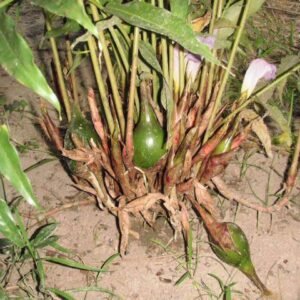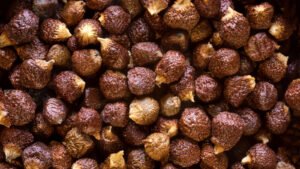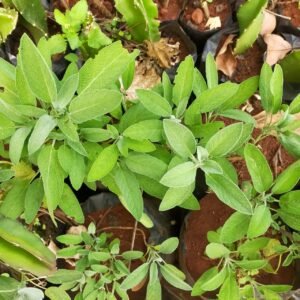Chamomile Seedlings
Welcome to Growing chamomile from your balcony and harvest your organically grown chamomile flowers. Pasharn Fruit Nursery got the seedlings ready potted and ready for transplant.
Call or WhatsApp +254783448742 0r +254705855633
KSh 200.00
CompareChamomile belongs to the family Asteraceae. Chamomile is commonly used to make herbal infusions for beverages. There has been limited (though thus far insufficient) research as to whether consuming chamomile in foods or beverages is effective in treating medical conditions.
Chamomile may be used as a flavoring agent in foods and beverages, mouthwash, soaps, and cosmetics.
Chamomile tea is a herbal infusion made from dried flowers and hot water and may improve sleep quality.
Chamomile has historically been used as one of the flavoring ingredients in beer and is sometimes used by modern brewers. Usually, the whole plant is used, adding a bitter flavor component.
The use of chamomile has the potential to cause adverse interactions with numerous herbal products and prescription drugs and may worsen pollen allergies.
People who are allergic to ragweed (also in the daisy family) may be allergic to chamomile due to cross-reactivity.
Chamomile consists of several ingredients including coumarin, glycoside, herniarin, flavonoid, farnesol, nerolidol, and germacranolide.
Despite the presence of coumarin, as chamomile’s effect on the coagulation system has not yet been studied, it is unknown whether a clinically significant drug–herb interaction exists with anticoagulant drugs.
However, until more information is available, it is not recommended to use these substances concurrently.
Chamomile should not be used by people with past or present cancers of the breast, ovary, or uterus; endometriosis; or uterine fibroids.











There are no reviews yet.